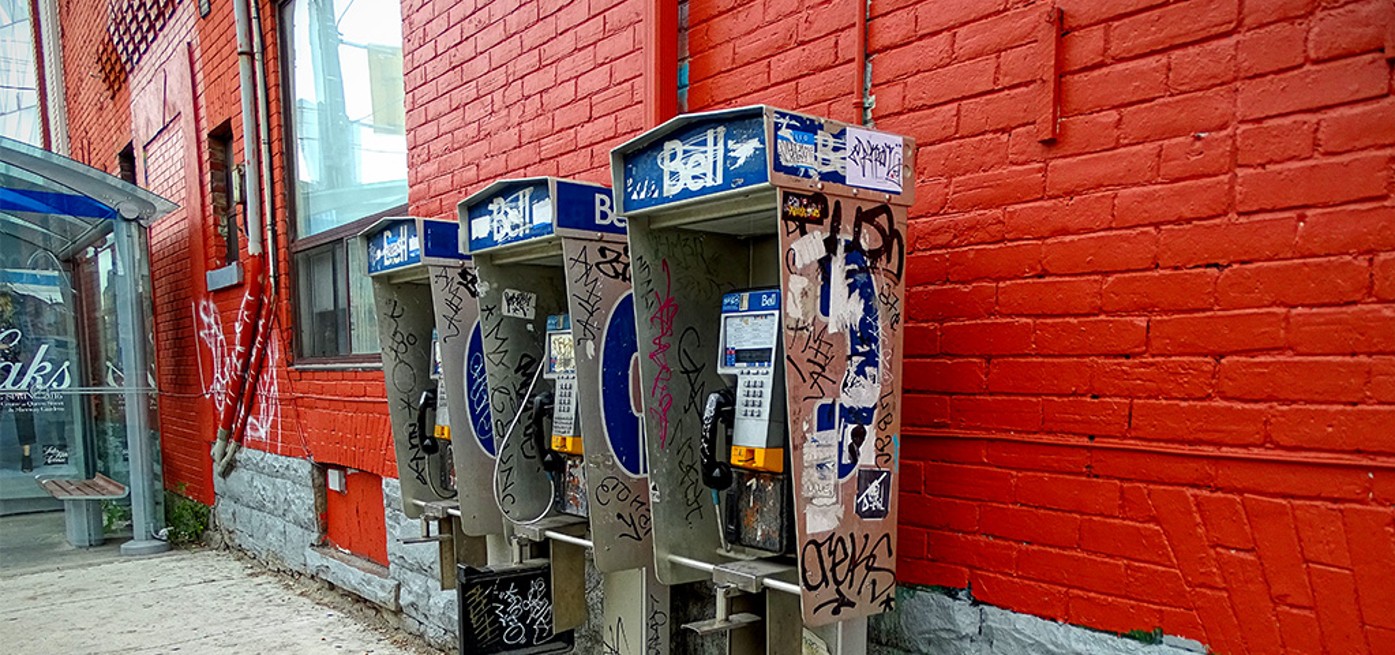
How to Block Drones with a Drone Jammer
In an age where the sky is dotted with drones, the importance of drone jammers has never been more significant. From commercial deliveries to personal

The installation of cell phone signal jammers in classrooms has become a topic of debate among netizens. While some express concerns about potential health risks associated with radiation, others believe it is a necessary measure to address the issue of students using phones during class. School authorities argue that these jammers are essential to eliminate distractions and maintain a conducive learning environment. However, it is crucial to ensure that the installation of these devices adheres to safety standards and does not infringe upon students’ rights to communication and expression.
The Purpose and Scope of Cell Phone Signal Jammers:
The installation of cell phone signal jammers in classrooms is not a haphazard decision. These devices are specifically designed to block signals within the confines of the classroom, with normal signal reception resuming once students leave the room. Reports indicate that schools prioritize the quality of these jammers, ensuring that the electromagnetic radiation emitted falls within national safety standards and poses no harm to students’ health. The fact that many schools and examination centers already employ qualified cell phone signal jammers demonstrates the seriousness and responsibility with which authorities approach this matter.
Balancing Health Concerns and Educational Distractions:
The limited range of cell phone signal jammers, confined to the classroom, indicates that schools are taking a moderate approach that does not impede students’ communication and expression rights. It is essential to recognize that the exercise of any right has its boundaries, and it should not infringe upon the rights of others or the public interest. Similarly, the freedom of communication and expression enjoyed by citizens, as guaranteed by the constitution and laws, should also be subject to reasonable limitations.
Conclusion:
The installation of cell phone signal jammers in classrooms is a contentious issue that requires a delicate balance between addressing educational distractions and safeguarding students’ health and rights. While concerns about potential health risks associated with radiation are valid, it is crucial to acknowledge that schools are taking necessary precautions to ensure the safety and well-being of students. By adhering to national safety standards and limiting the range of these devices to the classroom, schools demonstrate their commitment to creating an optimal learning environment. Ultimately, the responsible use of cell phone signal jammers can contribute to minimizing distractions and fostering a focused educational atmosphere.
Our frequency checker tool will help you check all frequency bands used in all country.

In an age where the sky is dotted with drones, the importance of drone jammers has never been more significant. From commercial deliveries to personal

Protect your vehicle’s location privacy with a professional guide on GPS jammers. From selection to legal considerations and installation tips, we’ve got you covered. Key

Here’s a step by step guide on how to build your own GPS jammer. Below are the main steps we are going to introduce in

Understanding Signal Blocker: How It Works and Its Applications Signal Blockers are devices that can disrupt mobile phone signals, preventing them from connecting to base

The Application and Benefits of High-Power Signal Jammers Enhancing Signal Blocking Efficiency in Various Environments In today’s technologically advanced world, the need for effective signal

Considerations for Purchasing Exam Room Signal Jammers Ensuring Effective Signal Jamming for Exam Integrity As the year approaches its end, many schools are preparing for

The Importance of Monitoring and Signal Interference Measures During Examinations During examination periods, it is crucial to closely monitor the examination venues and their surrounding

Selecting the Appropriate Cell Phone Jammer for Theaters and Auditoriums Overcoming Challenges in Installation and Maximizing Signal Disruption The Importance of Cell Phone Jamming in

Remote Control of Cell Phone Jammers via Smartphone: A Possibility? With the rapid development of the Internet of Things (IoT), numerous smart home devices have

Supplying high quality signal jamming devices since 2010. The only jammer store you can trust.
Jammer Master © 2024. Premium Signal Jammer Supplier Since 2010.